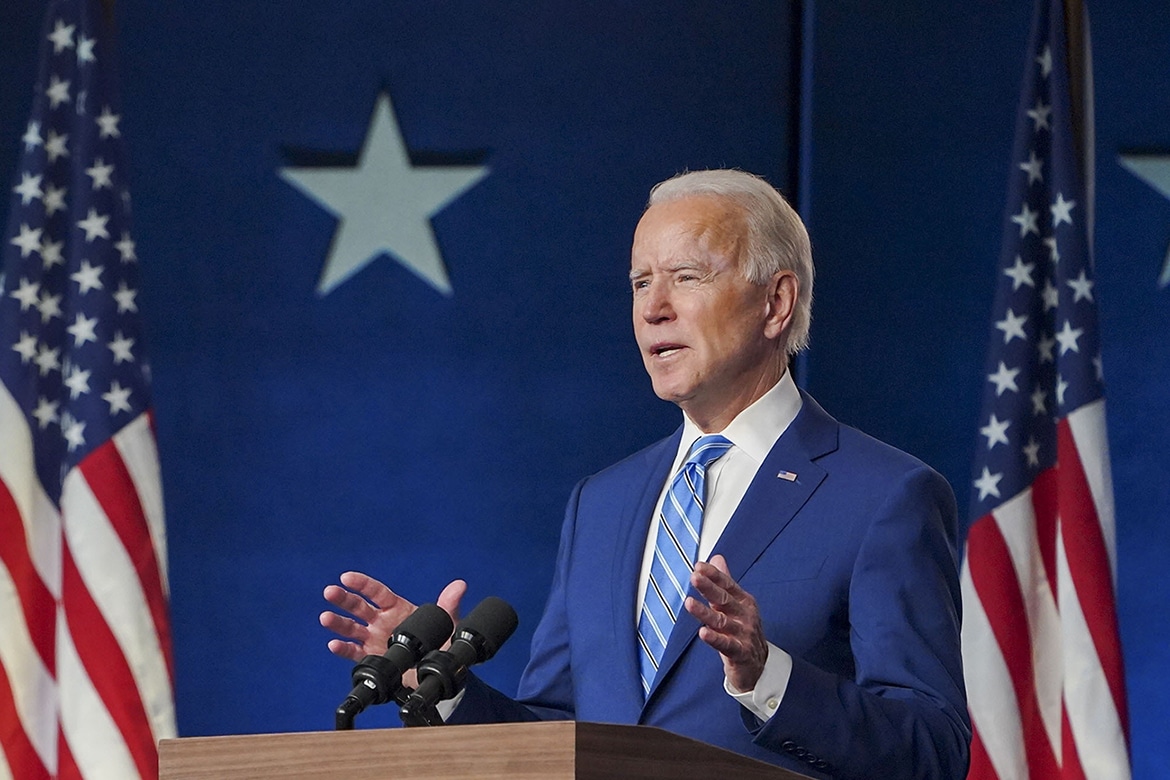
Darya is a crypto enthusiast who strongly believes in the future of blockchain. Being a hospitality professional, she is interested in finding the ways blockchain can change different industries and bring our life to a different level.
A lawmaker in the U.K. published a report giving recommendations about blockchain development to the British government. The report offers appointing Chief Blockchain Officer and an international blockchain competition.

Conservative member of the British Parliament Eddie Hughes has said that the government should focus its attention on using blockchain, as it will enable social freedom, increase efficiency and rebuild societal trust.
In a report published on July 4th, Eddie Hughes called on the government to “show leadership” by making the technology and its benefits a priority. The report called “Unlocking Blockchain: Embracing new technologies to drive efficiency and empower the citizen” points out that blockchain offers great opportunities for increased economic progress alongside increased individual freedom. To coordinate the UK’s strategy on applying blockchain technology to public services and data, a public-facing chief blockchain officer should be appointed.
The report reads:
“Embracing the opportunities of distributive ledger technology (DLT) should be fit explicitly —nominally as well as substantively — into a ministerial brief. And a public-facing ‘Chief Blockchain Officer’ should be appointed from within the government’s existing task force to coordinate the U.K.’s strategy regarding the application of DLT to public services and data.”
According to the report, government departments should have a ‘long-term target’ of making a 1-percent efficiency saving by using blockchain and other associated innovative technologies. Such a saving would be equal to £8 billion or $10.5 billion and would be achieved by the chief officer overseeing the application of blockchain technology to UK public services databases.
Another reccommendation of the report is that the state should not be allowed to use such technology to intrude into the lives of individuals—but rather the technology should be used to empower individuals in their necessary engagements with the state.
“But blockchain should not be about ‘handing over’ data—and, therefore, power—to big companies, or to the state. It should not be used to attempt to control data through a centralised system. Rather, its true positive revolutionary potential is in empowering the owners and the users of that data, thereby promoting individual autonomy and increasing trust.”
The report added that the role of the government should expand to cover new technologies, such as artificial intelligence when they start to overlap. Many crypto companies are already using artificial intelligence (AI), or machine learning, to enhance their models. According to the report, “blockchain competition” should be set up in the U.K. to drive homegrown entrepreneurship and to entice leading global players to develop technology here.
The report sums up:
“The state should focus its attention on using blockchain to enable social freedom, on cutting the costs of economic activity, and on rebuilding societal trust for the common good.”
The report also refers to blockchain development abroad and draws attention to Estonia which has quickly become known as a world leader in distributed ledger technology (DLT). Since 2012, blockchain has been in operational use in
Estonia’s registries, such as national health, judicial, legislative, security and commercial code systems, with plans to extend its use to other spheres such as personal medicine, cyber security and data embassies.
In 2015, Estonia partnered with Bitnation, the blockchain-based governance system, to enable refugees get bitcoin debit cards and blockchain IDs, which was a significant step in blockchain policy. Earlier, Estonia revealed its plans to launch the world’s first government-supported cryptocurrency called ‘Estcoin’ through ICO.

Darya is a crypto enthusiast who strongly believes in the future of blockchain. Being a hospitality professional, she is interested in finding the ways blockchain can change different industries and bring our life to a different level.




